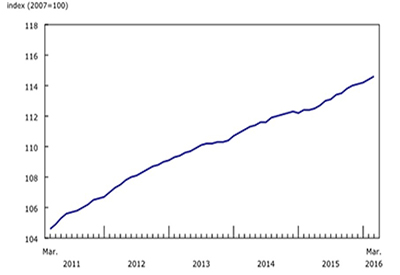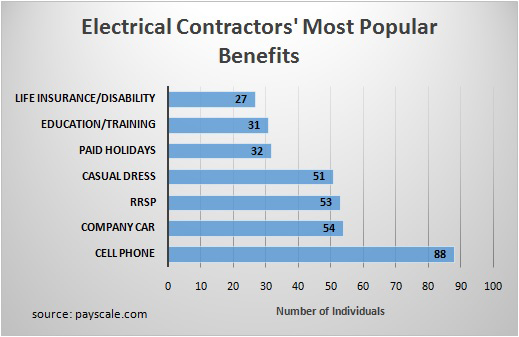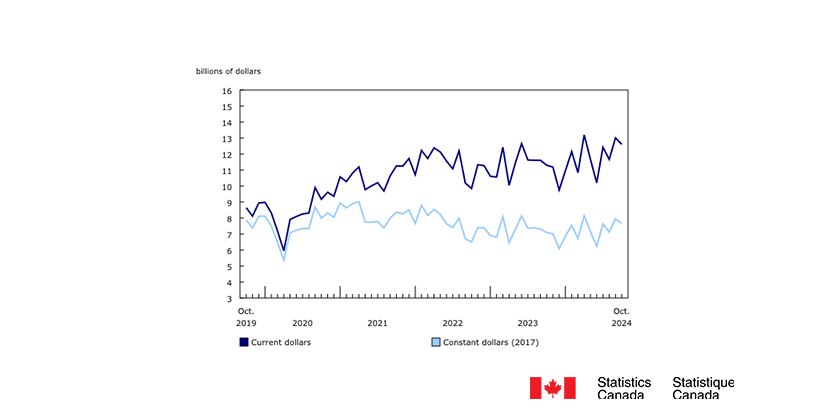Multigenerational Workforces

Michelle Branigan
At this particular moment, there are several different generations in our workplaces, all with different worldviews, expectations and needs. We have newly graduated employees working next to those with 30+ years in the business. By 2016, all but the youngest boomers will have reached the average age of retirement for our sector, 58, and will likely have the 30 years of experience needed to qualify for full pension. For many, that cottage is looking good.
But what does this mean for utilities trying to manage these demographic changes in their workplace?
From boomers to generations X and Y, and even some veterans/traditionalists, we have three and sometimes four generations working side by side. Research has shown that balancing or bridging the differences between the generations in the workforce creates more successful organizations: employees are happier and more productive, which of course links to increased customer satisfaction.
As we see the landscape for the Canadian electricity workforce change, recruitment and retention will be significant issues for employers. Knowing what employees value — be that work life balance, compensation, the opportunity to advance — will make the difference in not just getting them in the door, but ensuring they stay. We need to understand what individuals expect from their job, their boss, the organizational culture, and what they will do if they are not satisfied.
And knowing how the different generations in your organization learn and absorb new knowledge should be a key goal for your business. Senior managers must understand the subtleties of their current employee base, the knowledge and skills that must be shared before they are lost, and the best ways to communicate with an age diverse workforce.
In an industry where apprenticeship and mentoring play such a huge role, it offers an opportunity for the learning to go both ways: as younger entrants expose their older colleagues to a fresh perspective and a comfort with new technology, the older individuals provide experience and tactical “knowhow” that cannot be found in any manual.
Your human resource strategy must recognize and address these differences in order to build an effective workforce. Don’t be afraid to engage with your workforce: find out what is important to them and allow them to provide feedback, and then share and act upon it. There is nothing worse than asking for input and then doing nothing with it. There are ways to balance the needs of all generations, and ways for them to interact and learn from each other. For every situation or story where we hear of someone complaining of “the audacity of that kid,” or “that old guy is stuck in the 20th century,” there are multiple stories of mentoring and colleagues sharing knowledge and experiences. In our industry, the breadth of talent and skill is second to none. Ultimately, the more we learn and understand about each generation, the better we can communicate, connect and get the job done.
The Generation Game – where are you?
• Traditionalists, sometimes called Veterans, were born between 1900 and 1945. And yes, there are still some working in our industry
• Baby Boomers, born 1946 – 1964
• Generation X, born 1965 – 1980
• Generation Y, born 1981 – 1999 and also called Echo Boomers or Millennials
• Generation Z – the current generation being born or who are still quite young. For anyone who has teenagers, they’ll know that they already consider email and Facebook old school…
Next Month – some of the characteristics of each generation – fact or fiction?
Michelle Branigan is CEO, Electricity Human Resources Canada; http://electricityhr.ca.

















